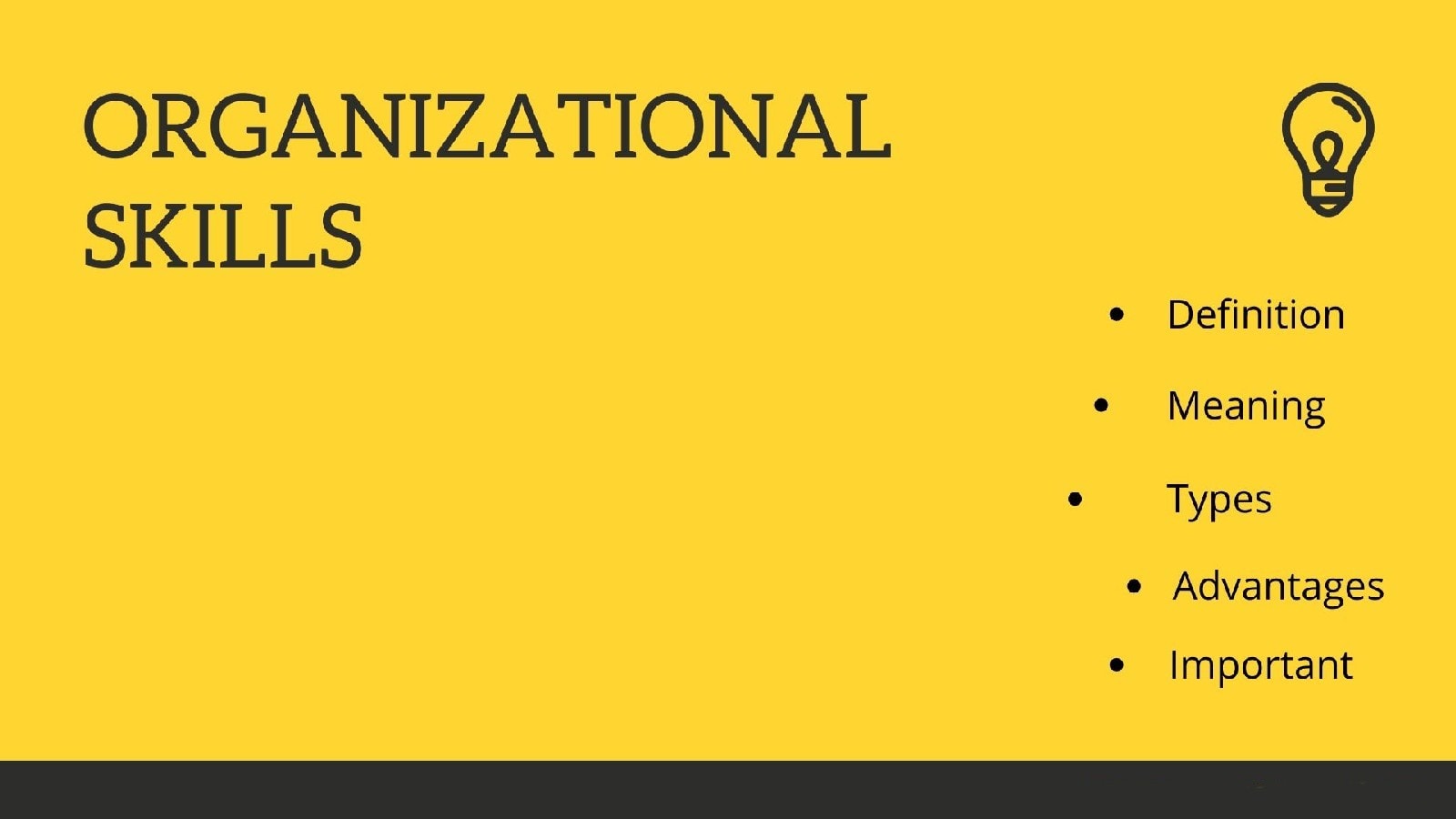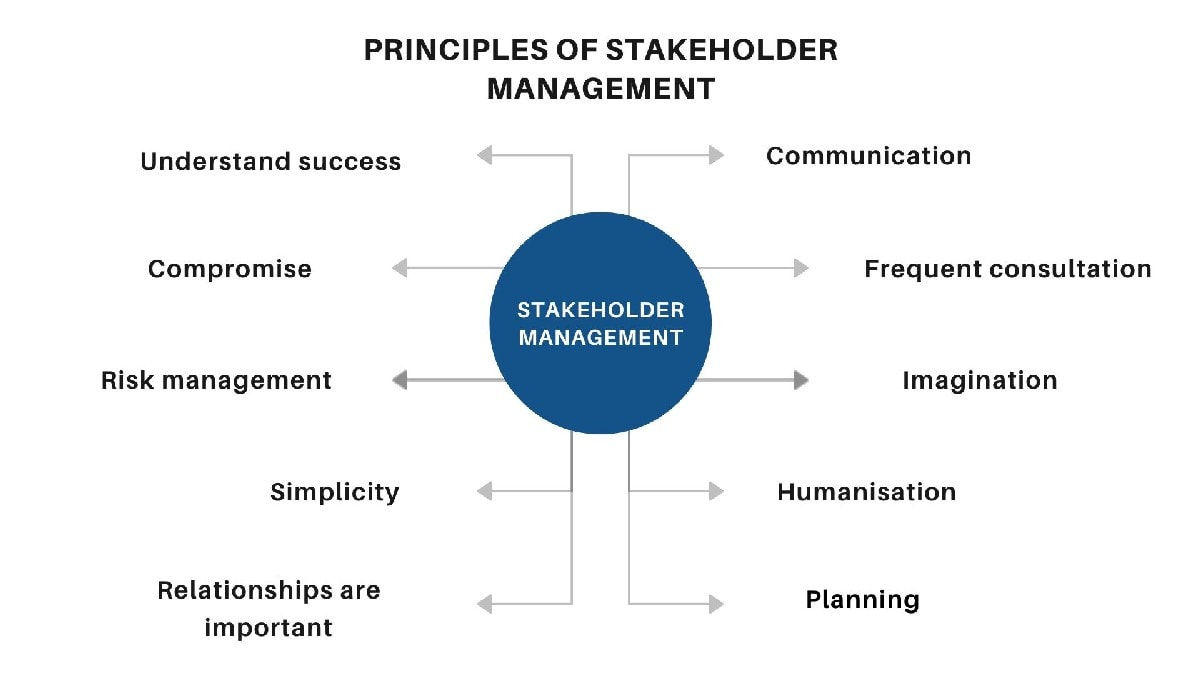Definition of Organizational Skill Organizational skill is defined as the ability to use processes to get things done admirably and effectually. It is not inherent…
Business Portfolio – Definition, Meaning, Examples, Management
Definition: A Business Portfolio is a combination of various products, services and business units that make up a business. By observing this portfolio and each…
Network Marketing – Meaning, Types, Features, Advantages
What Is Network Marketing? Network marketing is a business concept where people sell items or services through their networks. This empowers a workforce that can…
Cost Leadership – Strategies, Advantages, Disadvantages
In simple terms, cost leadership can be explained as when a company tries to get a competitive edge by reducing the price of the product….
Adams Equity Theory of Motivation – Definition and Meaning of Equity
Definition Equity theory is a concept where people want the ratio of their outcomes to be nearly equivalent to the ratio of a referent person…
Information Processing – Definition, Tools and Stages
Information processing, as the name suggests, is about processing information in a manner that is noticeable to an observer. It is a method that allows…
Target Population – Definition and Examples
In this article, you will learn about what is target population, the definition of the target population, and a few examples of the target population…
What is Whitleyism? Meaning and Internal Characteristics
Whitleyism is a system used by English industries to solve matters about hours, wages, and such. It is a system of voluntary permeant board mostly…
What is Guerilla Marketing? Definition, Types, Ideas & 10 Examples to Inspire You
Guerrilla Marketing, named after the surprise tactics synonymous with guerrilla warfare, is an innovative advertising strategy designed to catch its target audience off guard. This…
How to Determine Selling Price? Calculation and Usage
Selling price is defined as the price at which a particular commodity, product, goods, or service is sold to the buyer by this weather. Generally…
What is Idle Time? Types, Causes, Control and Analysis
Idle time is defined as the unproductive time of either the machines or the employees that is caused by the management because of factors that…
Stakeholder Management – Overview, Principles, Types, Pros, and Cons
The process of systematic analysis, planning, finalizing, and implementation of pre-designed actions to engage with stakeholders is called stakeholder management. Management and engagement are possibly…
What is Intrapreneurship? Intrapreneurs vs Entrepreneurs
When an employee acts as an entrepreneur while working in a company, the whole process is understood as Intrapreneurship. Many get confused between entrepreneurship and…
Absence Management – Definition, Objectives and Benefits
What is absence management? Absence management is a program that is designed to control the absenteeism of employees in an organization. Employees of an organization…
Flexible Staffing in Business: Definition, & Advantages
Flexible staffing, as the name suggests, is hiring staff or workforce as an alternative for some of the regular and permanent employees in an organization….














